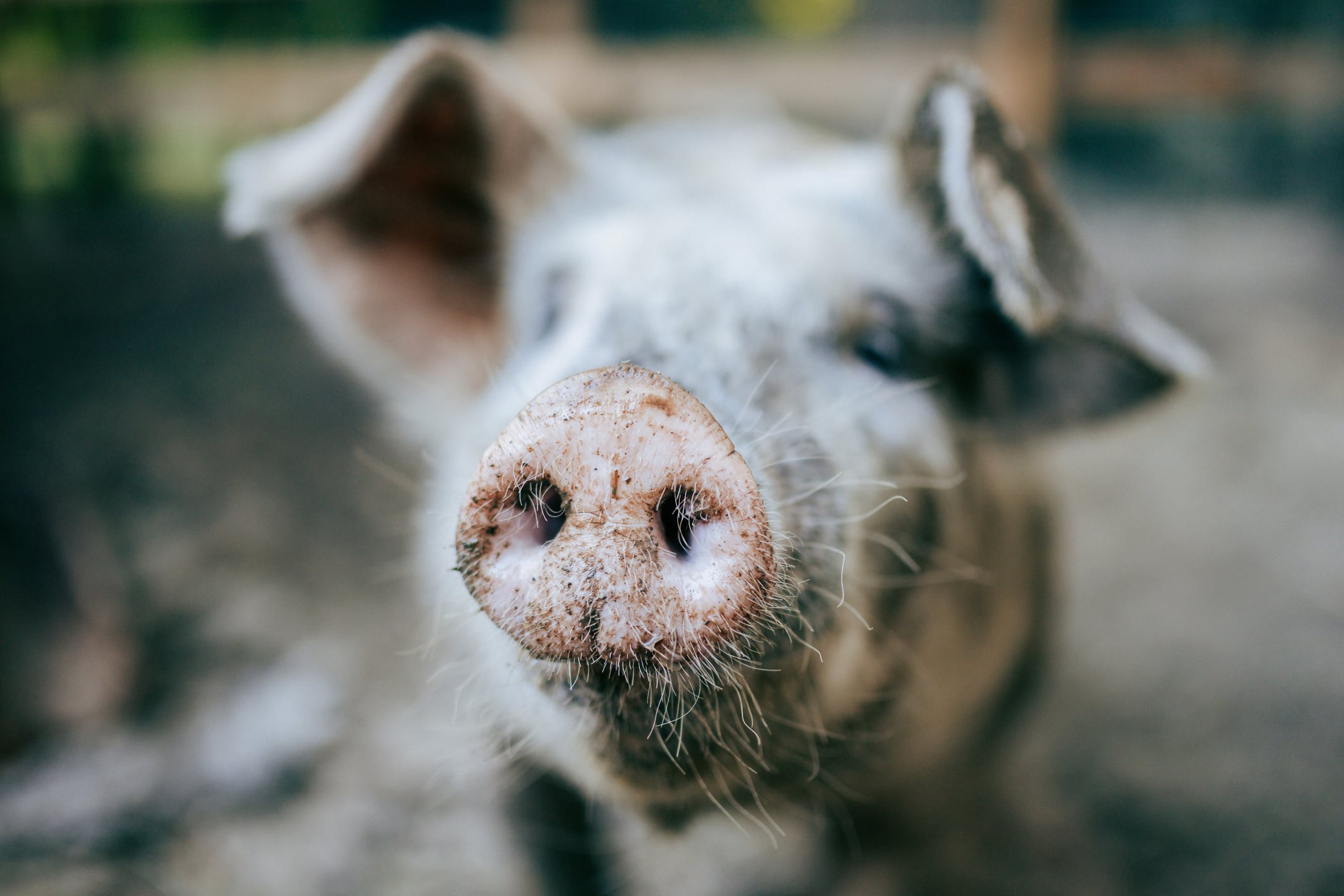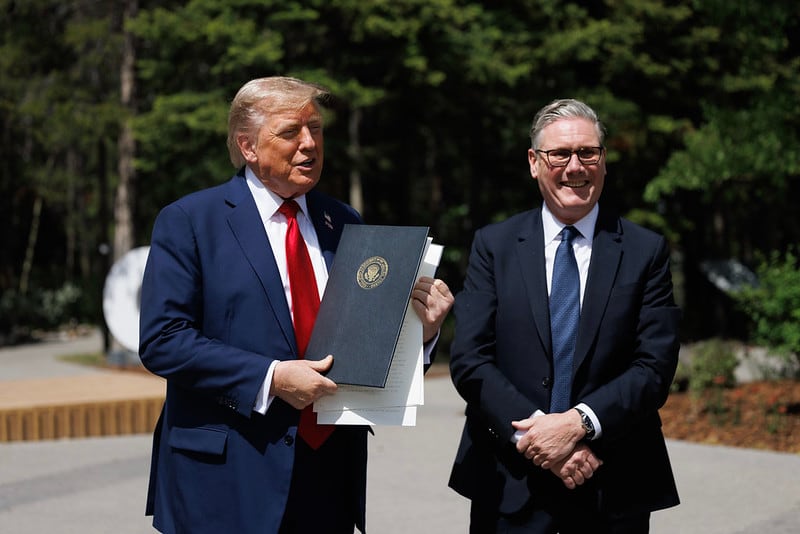The Government has said that it will not lower food standards and will uphold high animal welfare in the UK.
The pledge came in its newly published UK Trade Strategy this week that also recognised the importance of the agricultural sector for food security and in supporting regional communities.
The strategy, which it said would unlock £5 billion for businesses and expand UK Export Finance capacity to £80 billion, comes as the Industrial Strategy was also recently released.
In the 100-page trade policy document it highlighted the importance of the agri-food and drinks industry and vowed it would protect the UK’s largest manufacturing sector.
“A thriving agriculture sector underpins our food security and supports the prosperity of regional communities across the UK. We will not lower food standards and will uphold high animal welfare standards,” it said.
“We recognise concerns about methods of production, such as sow stalls and battery cages, which are not permitted in the UK. While methods vary in line with different climates, diseases and other contextual reasons, we will always consider whether overseas produce has an unfair advantage and any impact that may have.”
The document added: “Where necessary, we will be prepared to use the full range of powers at our disposal to protect our most sensitive sectors including permanent quotas, exclusions and safeguards.”
It highlighted recent trade agreements and said it would continue to seek “fair and balanced” deals which would include new export opportunities to grow the UK’s “world class” agri‑food and drinks sector.
It also referenced the recent EU agreement, which it said would mean Scottish salmon farmers can sell their fish more easily to the EU and Welsh sausages and lamb mince exports are no longer be blocked.
Trade agreements including with India and the US were also mentioned. The Government said we’ll likely see more UK whisky and gin sold to Indian consumers through this deal.
The Government believes the new strategy will unlock billions of pounds worth of opportunities for UK exporters through the new Ricardo Fund, which will tackle complex regulatory issues, shape global standards, and remove obstacles for UK businesses selling abroad.
Prime Minister, Keir Starmer, said: “What works for business, works for Britain. It means more jobs, more opportunities, and more money in people’s pockets.
“That’s why I’ve backed British industry through global headwinds - securing major trade deals with the US, India and the EU that protect jobs and drive growth right across the country.”
Business and Trade Secretary Jonathan Reynolds added: “Our Trade Strategy will sharpen our trade defence so we can ensure British businesses are protected from harm, while also relentlessly pursuing every opportunity to sell to more markets under better terms than before.”
‘We now need to see action’
Rod Addy, director general for the Provision Trade Federation (PTF) told Food Manufacture: “The Government has made its intentions on trade very clear. We now need to see action on implementation. The US deal is not yet over the line and we want to see the detail supporting UK pork producers. We don’t want UK standards compromised by the small print.
“The biggest single thing the government could do for the UK food trade is ensure the EU-UK SPS agreement gets over the line as soon as possible. Again, what we have here is a deal in principle, not an actualised SPS deal. Get that done quickly and businesses will start saving money and time and materially adding to UK GDP.
“We trust that, going forwards, the government will consult industry on any trade deals ahead of signing and will weigh them up in the context of food security, food resilience and the food strategy.”
Stephen Phipson CBE, CEO of Make UK, the manufacturers’ organisation added: “Industry will welcome the Trade Strategy which, for the first time, aligns hard on the heels of the Industrial Strategy and is a perfect example of joined up thinking across Government which has long been missing.
“In particular, as well as a focus on new markets, it will help optimise market access and signposting for companies, especially SMEs, to take advantage of current trade deals with a new focus on strategic economic partnerships with key trading partners.”
Tina McKenzie, policy chair of the Federation of Small Businesses, also had an optimistic perspective: “Small firms know exporting is good for growth, so it’s good to see a clear strategy on trade. We welcome the government’s commitment to creating better digital tools, less red tape and putting stronger focus on practical support beyond just trade deals.”




